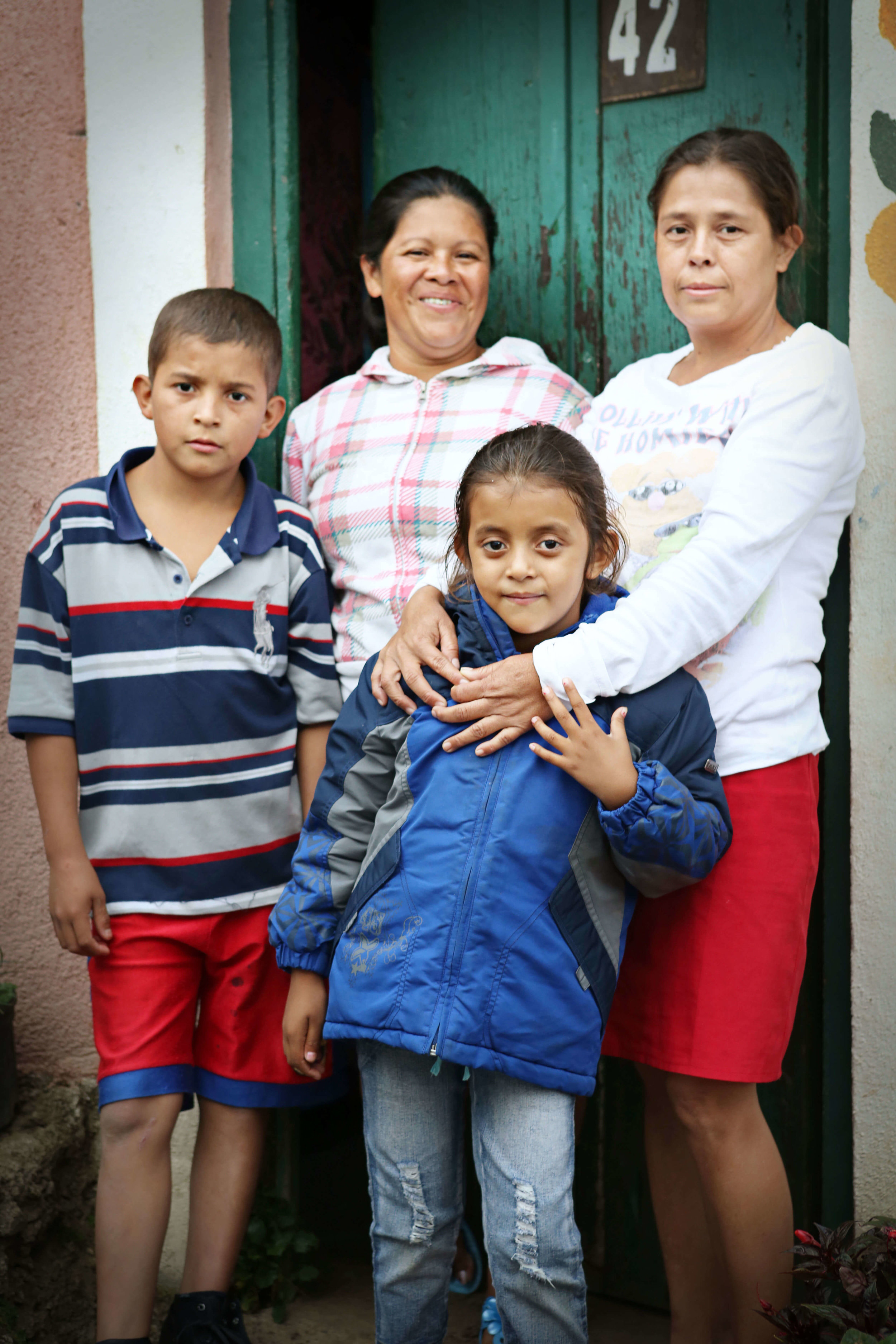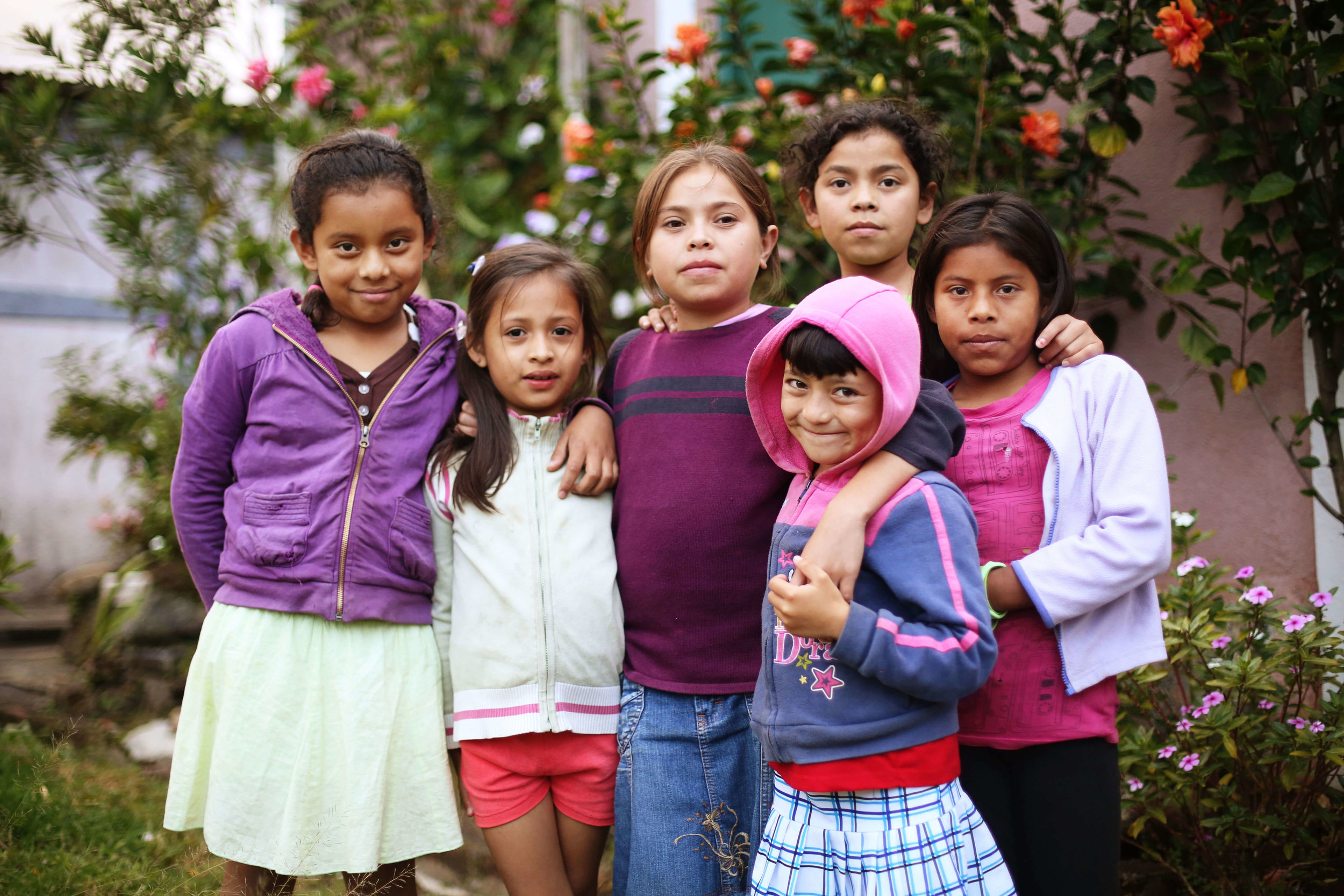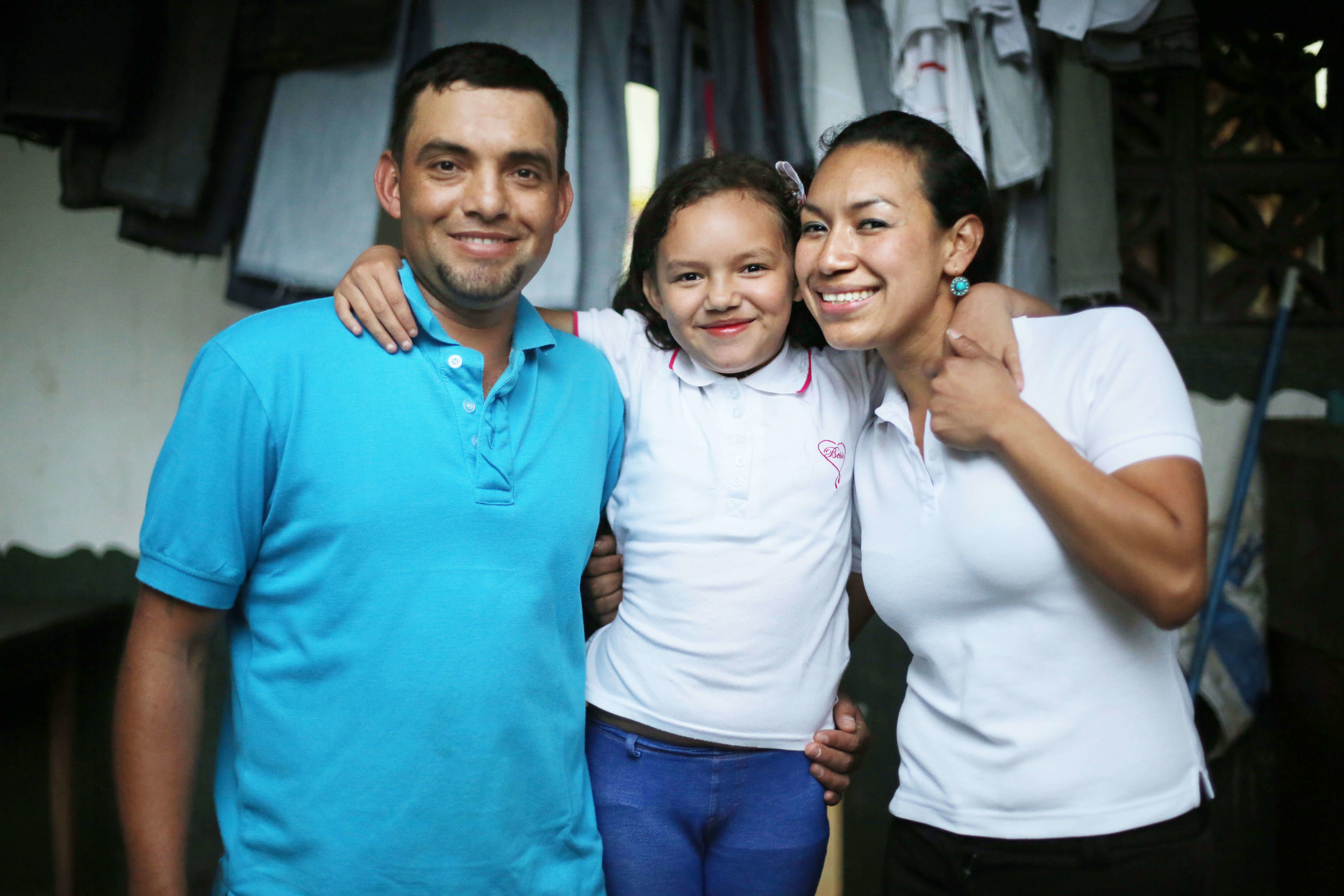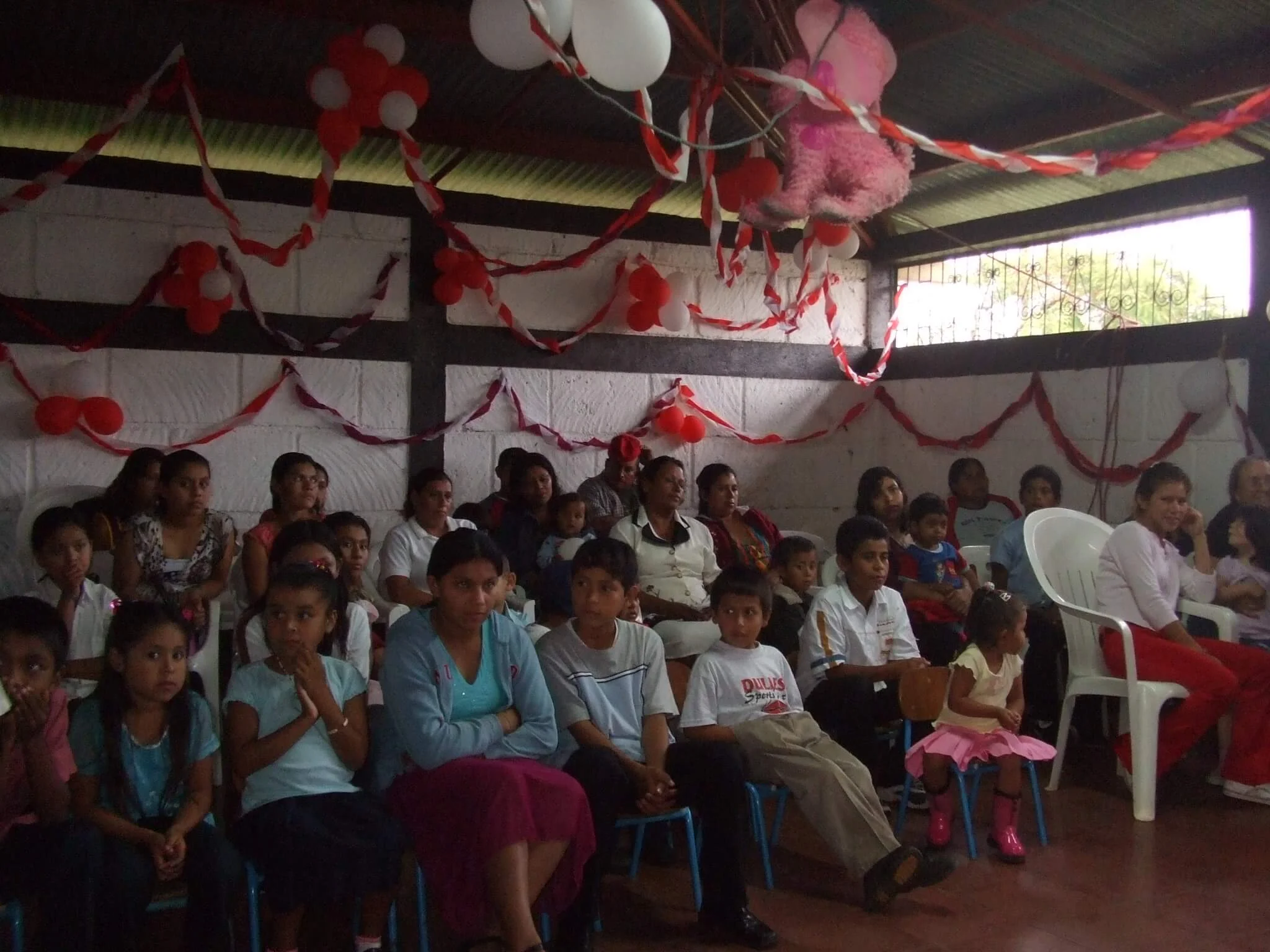OUR WORKERS
Housing
About 300 employees live on the farm with their families. Their homes are made out of concrete with tile floors, with two or more bedrooms and a separate kitchen. They all have clean cookstoves. Some houses have a bathroom inside, while duplex houses have a shared one separately behind their house. Old furniture the hotel no longer uses is given to the workers, along with linen, beds, etc. A sewer system collects and treats waste, using it for methane gas production, after which it goes to a filter and is used for underground irrigation on fruit trees. Over 30 laundry stations work with the same water tank system, so laundry water is also collected and treated, ending as irrigation.
Education
We have an elementary school funded jointly by Richard and Karol Popkin, Adventure Travel, and us. It has four teachers, two of whom are paid by the government and two by our donors and us. There is also one substitute teacher. The school has about 60 students between ages 3 and 14, most from our farm and some from our neighbors’ farms. The school runs from preschool to sixth grade. After sixth grade, the Popkins sponsor the best students to attend a private school in Matagalpa, for which the farm provides transportation and supplies. The rest of the students either go to a public school in nearby Los Lipes or join our working staff. (The working age in Nicaragua is 14.)
Healthcare
We fund an on-site clinic, where some medicine (epilepsy, blood pressure, insulin, birth control, etc.) we sponsor for free or is donated while the rest (like aspirin, etc.) the workers can purchase. We pay a full-time nurse, including her housing and food. She was born on the farm and is the sister of one of the current teachers; they both attended that same school and their father was a foreman here (now retired). The teacher still lives in her father’s home and one of her daughters is sponsored by the Popkins to attend the private school.
Recreation
The workers have a small baseball area in their village, but we built them a larger one farther down the farm. They often play wonderful music at night in styles handed down from Polish immigrants, a unique Latin-European blend. They have a drumline and are also allowed to fish in our ponds.












